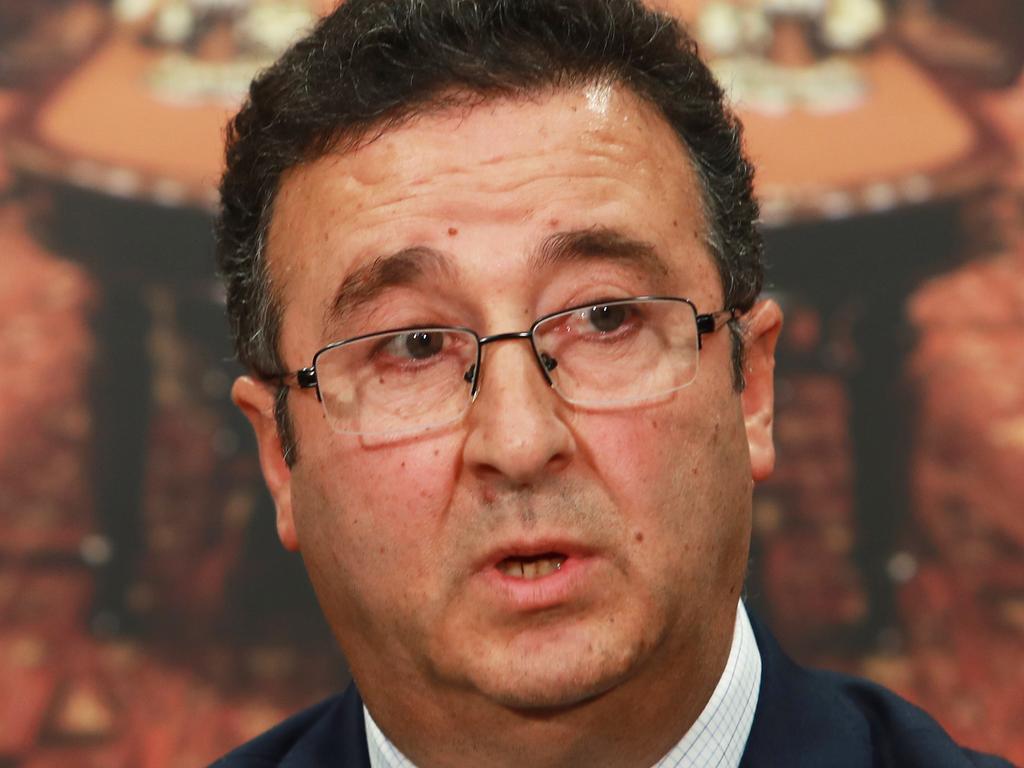How to make Google pay its way for media content


The Treasurer is not short of issues awaiting his decision, and still to come is whether to let Chinese dairy giant Mengniu buy Lion Dairy and extend its influence on the local industry.
Google crossed a Rubicon in June, declaring it would pay media companies in Germany, Brazil and Australia, but left open how much, when and how.
That is where next week’s ACCC draft industry code takes centre stage.
Last year’s ACCC digital platforms inquiry recommended a voluntary code of conduct between the two sides, but by April, with no agreement visible, it told the government the code should be mandatory, which meant it had enforcement power.
Some six years ago Spain tried to get Google to pay for the content used on Google news, so the company simply closed the service.
In France, in a copyright negotiation, Google said a fair price was zero, so its competition regulator declared an abuse of dominance and the fight continues.
Next week’s ACCC code will be a draft but the final code is expected to be legislated by the end of August, so the draft is close to the proposed final version and will be more than game playing.
Frydenberg made his views known when handing the ACCC its task in April, saying “it’s only fair that those that generate content get paid for it”.
The issue is how.
The free-to-air broadcasters including Nine have recommended a collection agency like the Copyright Agency, with the money allocated based on investment in journalism.
News Corp has suggested direct negotiations between the publishers and the platforms.
There are obvious problems with a licensing model treating all content as if created equally and also dangers in Google-imposed measurement vehicles like search results which have no direct relevance to value.
Models based around advertising generation would also be flawed, given digital advertising is controlled and manipulated by Google and Facebook.
The ACCC is conducting a separate inquiry into their advertising black box.
An industry-wide percentage would also suffer from potential political intervention.
The ACCC is likely to sanction both individual negotiation and collective bargaining based around set principles, and leave it to the media companies to work out how the money is distributed among themselves.
One difficulty will be sanctions or how to enforce adherence to the code.
The ACCC launched proceedings against Google in October last year for misleading conduct. It is due to start hearings in November with a decision next year.
In the meantime US states and also a class action plaintiff have launched copycat actions which may see the light of day earlier.
Google’s net income last year was $US34.3bn, which means Australian penalties are not even a rounding error on its accounts.
But the ACCC code is an important precedent, as shown by the fact Google said for the first time in June it would pay for content.
Then it comes to how much.
The ACCC has said “the proposed bargaining code is intended to address bargaining power imbalances between Australian news media businesses and digital platforms in order to ensure that commercial arrangements between these parties do not undermine the ability and incentives for news media businesses to produce news for Australians”.
ACCC boss Rod Sims has two years to run in what will be an 11-year reign as competition tsar and he sees this code as a key plank in his legacy.
He has noted “the code should contain strong mechanisms to ensure parties comply with all of its requirements. However, in doing so, it will also be important to prevent avoidance of code obligations, and to ensure the code does not create incentives for digital platforms to minimise or limit the distribution of Australian news.”
Steeled for competition
BlueScope CEO Mark Vassella’s profit warning last week had a short-term impact on his stock price, which bounced 3.2 per cent to $11.60 on Monday in a falling market.
Vassella has maintained an active interest in anti-dumping actions to support his monopoly producer status and also a series of innovations aimed at boosting local sales.
Steel frames now have around 15 per cent of the housing market, and the only competition is imported product which lands in the country at around $1700 a tonne.
Truecore sells for around $1400 a tonne and the popular Colorbond roofing is around $3000 a tonne.
The product is distributed by independents like Queensland-based Stoddart and company-owned players like Lysaght.
Industry talks suggest Vassella and the big builders do deals to discount so-called must-have products like Colorbond for sale with Truecore.
Discounts are encouraged by the ACCC unless they are done to lock out competition.
Legal glitch
Directors and corporate undertakers are scratching their heads about an apparent glitch in the recent change to the law to grant safe harbour protection to boards in insolvent trading amid the COVID slowdown.
The plan was to grant this protection but the amendment as it stands suggests the protection only applies to companies that file for administration or liquidation before the end of September.
The way the law is written directors only get the protection if the company files for administration or liquidation.
This is directly contrary to the stated objective of the change, which is to keep companies out of administration during the COVID shutdowns.
The idea was to give boards some leeway to allow them to trade out of temporary cashflow shortages due to the lockdown without worrying about insolvent trading restrictions.
Treasurer Josh Frydenberg has supported the move in principle so it seems like there is simply a drafting error.
Last week the Australian Institute of Company Directors called on the government to extend the time covered by the safe harbour from the end of September.
If the government, as expected, agrees to the change then it is even more important to clarify the apparent crafting error.
The present amendment says the safe harbour applies “(c) before any appointment during that period of an administrator, or liquidator, of the company”.
Frydenberg is due to hand down his economic statement on Thursday, which may extend the safe harbour. A spokesman for the Treasurer did not return calls.







This week Josh Frydenberg is sorting out the national economy; next week it’s how to get the digital behemoths to pay fair compensation to media companies for their content.